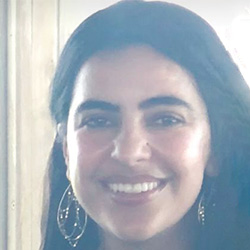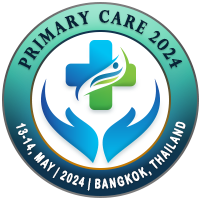
Ms. Nadia Yar
College of Medicine, FIU-HWCOM AUA, United StatesTitle: The Effect of Intermittent Fasting on Second Intention Wound Healing
Abstract
Background: Wound healing remains an extensive clinical challenge; it may be affected by a patient’s lifestyle, particularly diet. Therapeutic intermittent fasting has been shown to improve wound healing outcomes in meta analyses and systematic review. This case report demonstrates whether fasting facilitates superior wound healing and explores underlying mechanisms as to why it may be advantageous in concurrent treatment of second intention wound healing.
Objective: The aim of this article is to investigate possible benefits of intermittent fasting in second intention wound healing.
Methods: Case Report of a 33-year-old patient utilizing an intermittent fasting dietary profile after undergoing CO2 laser excision and second intention healing of the axilla.
Results: As seen in the patient’s course of fasting, proliferative wound healing and remodeling were enhanced and concluded with complete resolution of the wound.
Discussion: When tissues are injured to an extent that they are unable to regenerate or when the supporting structures of the tissue are severely damaged, scar formation occurs through the deposition of connective tissue. Although the resulting fibrous scar is not normal, it is able to provide enough structural stability for the injured tissue to function. The process of repair through connective tissue deposition involves sequential stages following tissue injury, all of which have been seen to accelerate and improve in quality under fasting conditions. Intermittent fasting may augment and accelerate the crucial stages of wound repair, i.e., angiogenesis, granulation tissue formation via fibroblasts, myofibroblasts and platelets, and ultimate scar formation through up-regulation of VEGF, FGF, FGF-2, PDGF, FGFR/ErbB1, TGF-β, and IL-13.
Biography
Ms. Nadia Yar, College of Medicine, American University of Antigua, Antigua, ATG

